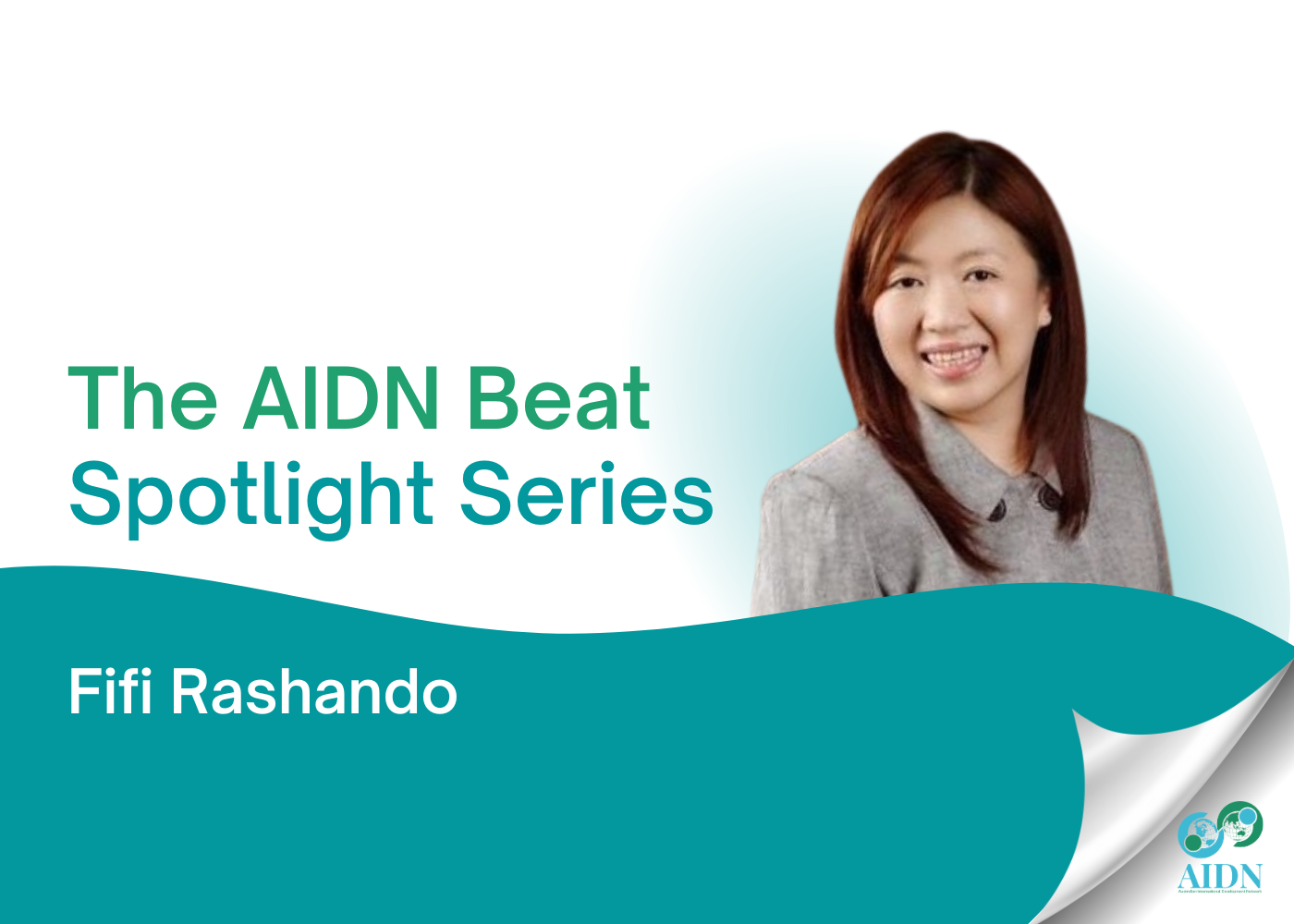AIDN’s core ethos is ‘more’ and ‘better’ global giving and we seek to foster an environment for the discussion and exploration of how we define these terms in an ever-changing international development ecosystem. Alongside our events, webinars and resources, The AIDN Beat is a key way to achieve this goal.
However, at AIDN we are aware that ‘better’ and ‘more’ are evolving and subjective terms. We are also deeply committed to amplifying diverse voices. Consequently, we accept submissions to The AIDN Beat – so that our dynamic network can shape the discussion too. If you would like to submit content for The AIDN Beat, then we would love to hear from you. Get in touch with us (via hannah@aidnetwork.org.au) and we will share our editorial guidelines.
The AIDN Beat strives to keep up with the rhythm of the international development sector and cover a broad range of subjects: from innovative development financing, to leading case-studies of programs on-the-ground, to the need for a genuine commitment to localisation.
Each month subscribers of AIDN receive an email where we’ll share recent pieces from The AIDN Beat, alongside curated pieces from other international development platforms and provide a recommendation for a relevant text, film or podcast.
If you’re are not currently signed up to receive The AIDN Beat or our newsletter, you can do so by filling in the form below.
Sign Up
NEWS & RESOURCES
Latest Stories and Developments
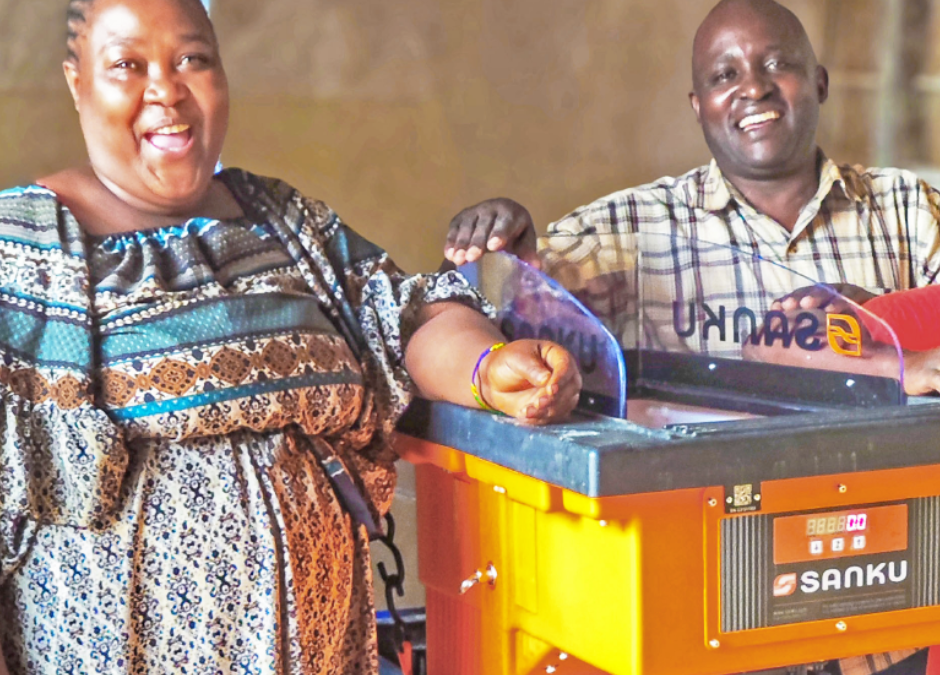
When the tidal wave hits: Three lessons from launching the Rapid Response Fund.
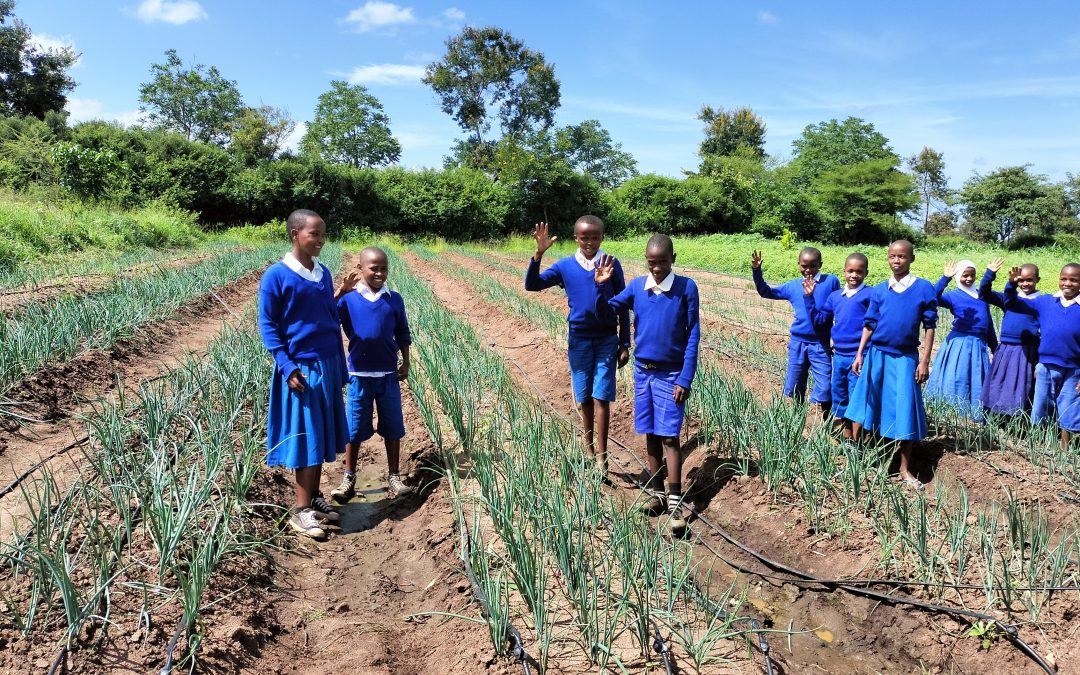
Slashed aid, sustainable investments: funding interventions that generate economic, social and environmental capital.
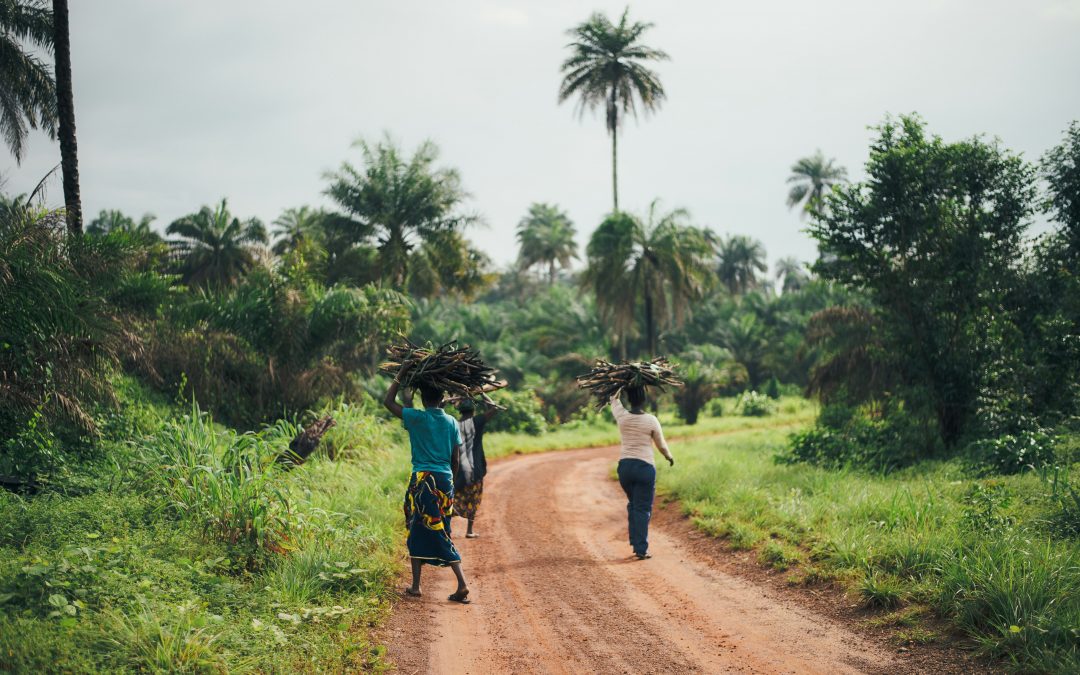
Philanthropy in the wake of the USAID freeze: Three effective ways to respond.

AIDN’s 2024 Summer Listening List
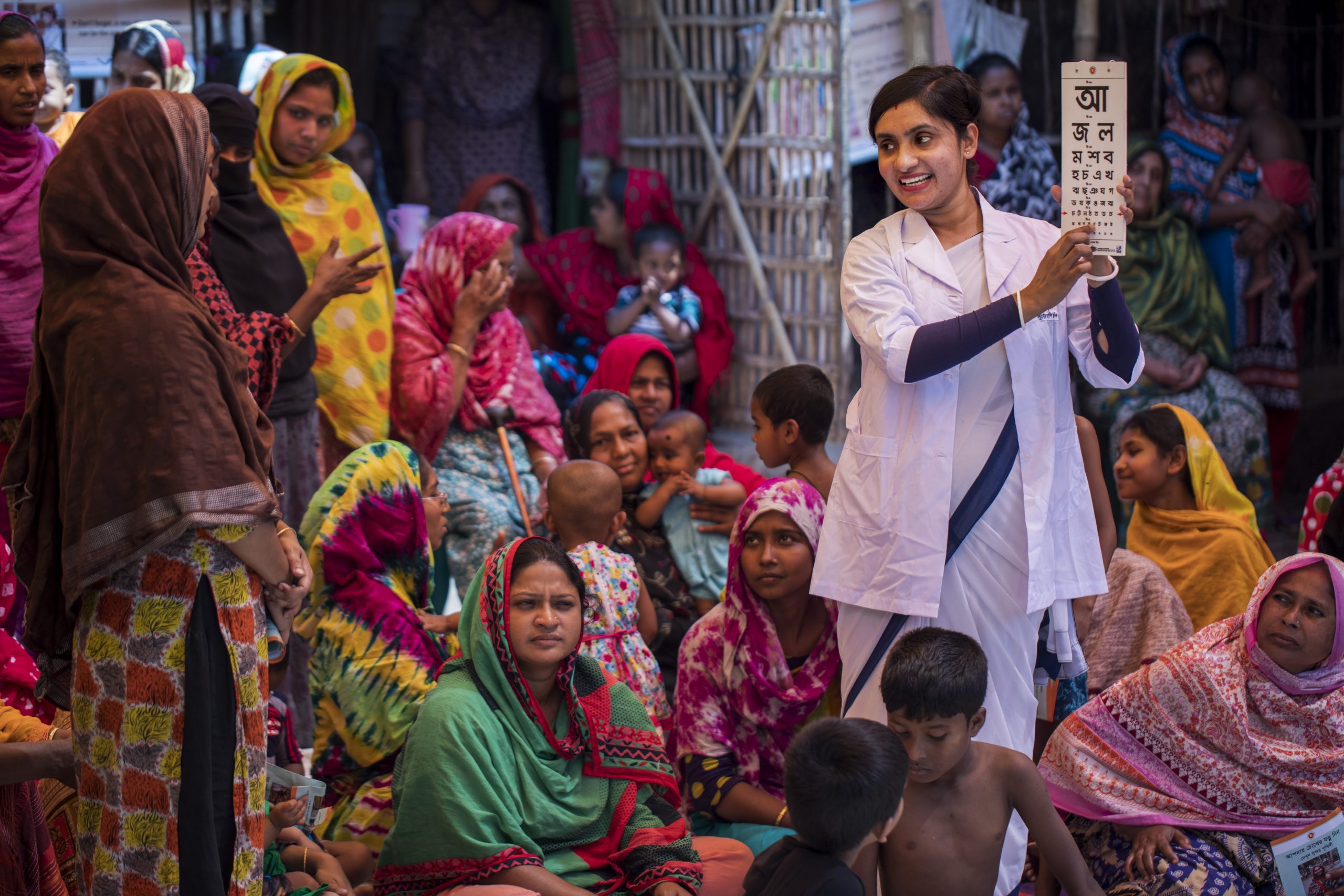
How eye health could be a catalyst for global development.
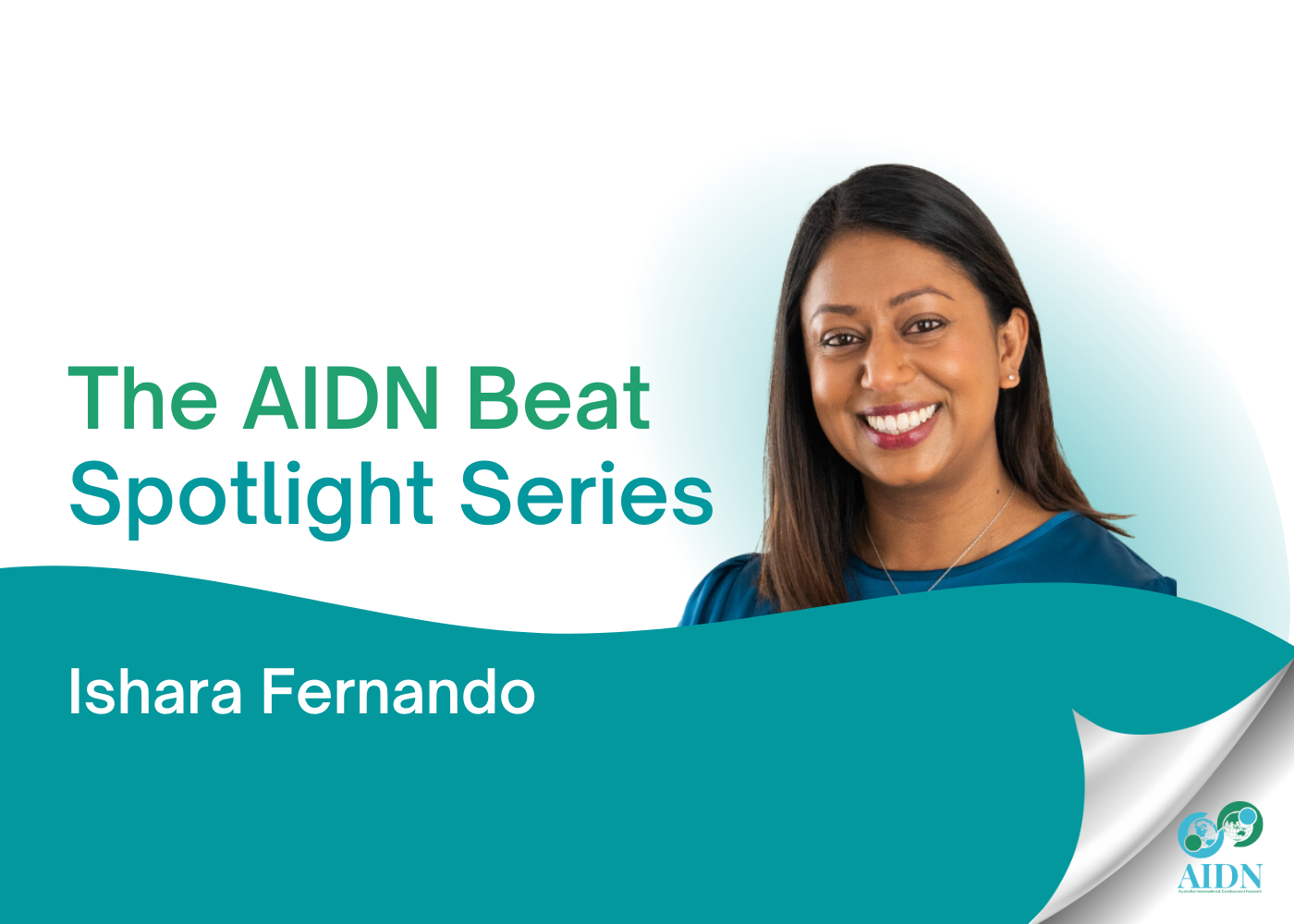
AIDN Beat Spotlight: Ishara Fernando
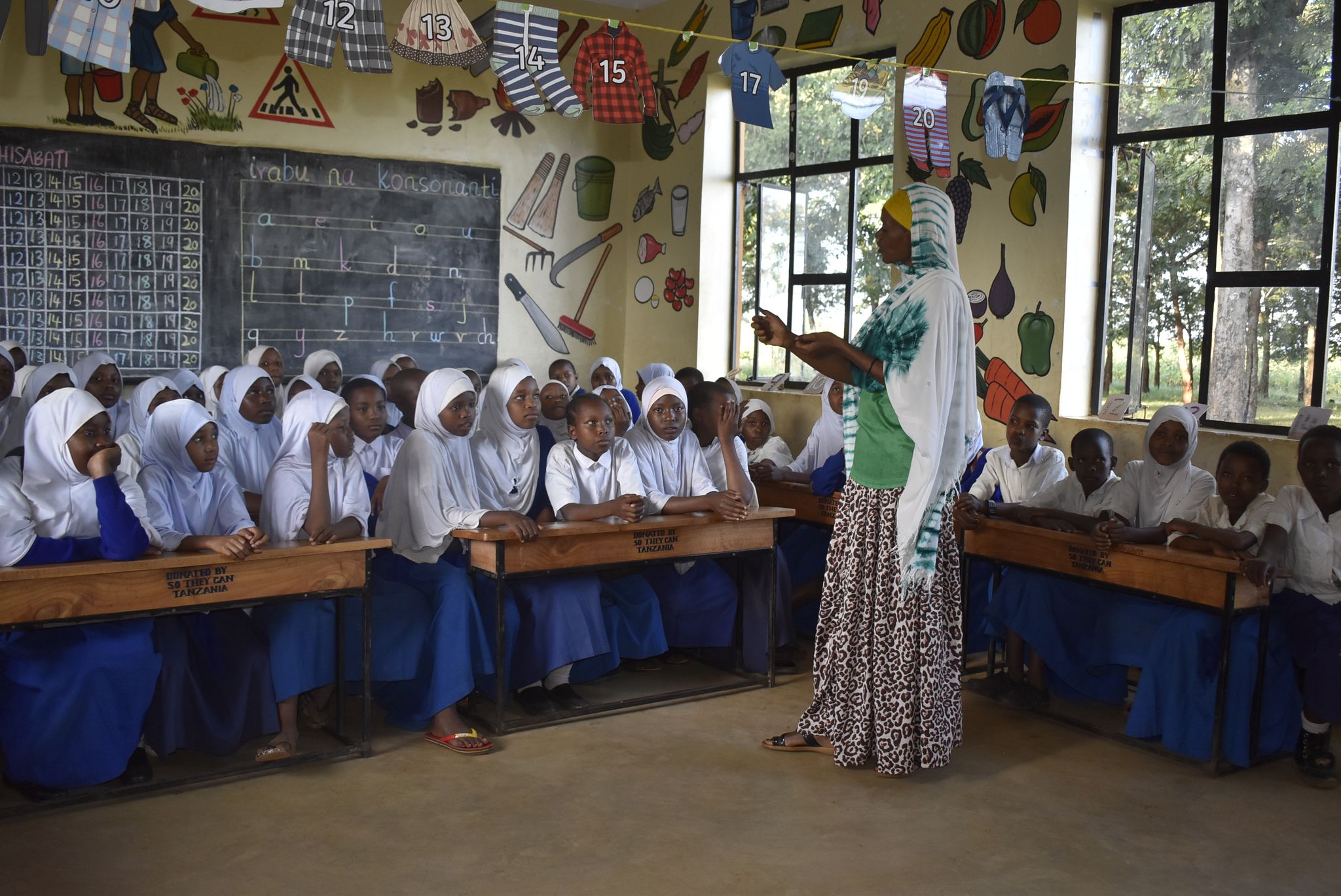
The next key opportunity for Australian aid and development? Scalable investments in African education.
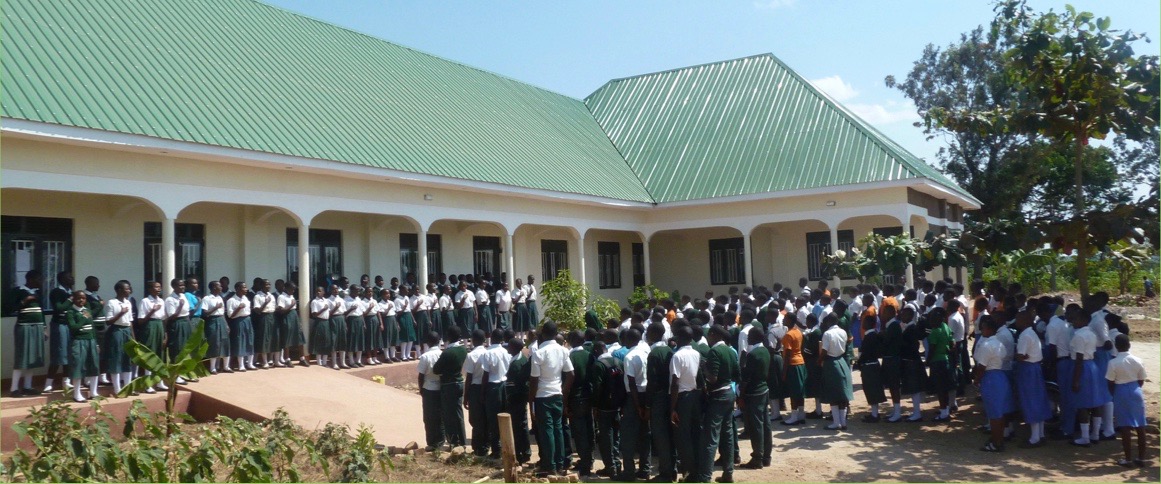
Two continents, one mission: How an Australian-Ugandan partnership sparked transformative change in rural Uganda.
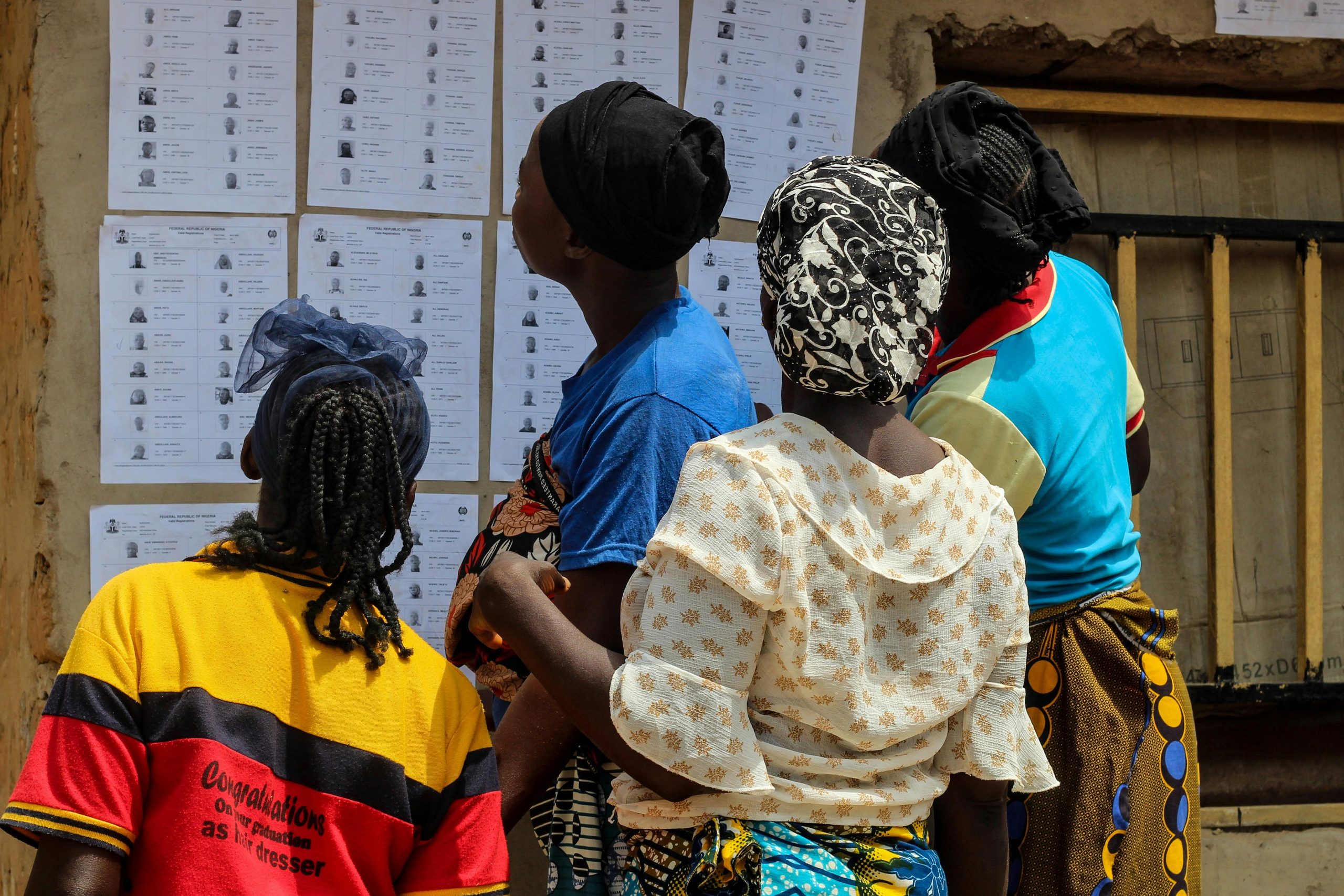
Exercising the governance muscle – why inclusive land governance matters.
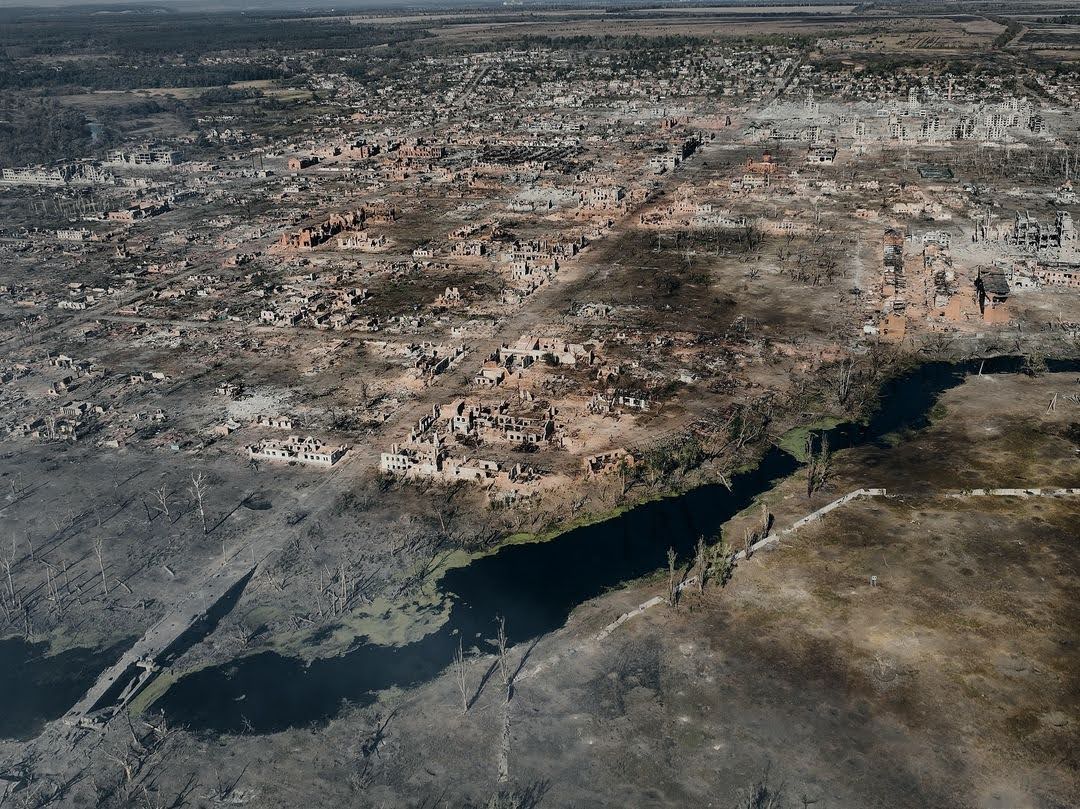
Amplifying impact and holding the lines: the case of the Forest Glades centre and Mild Traumatic Brain Injuries in Ukraine.
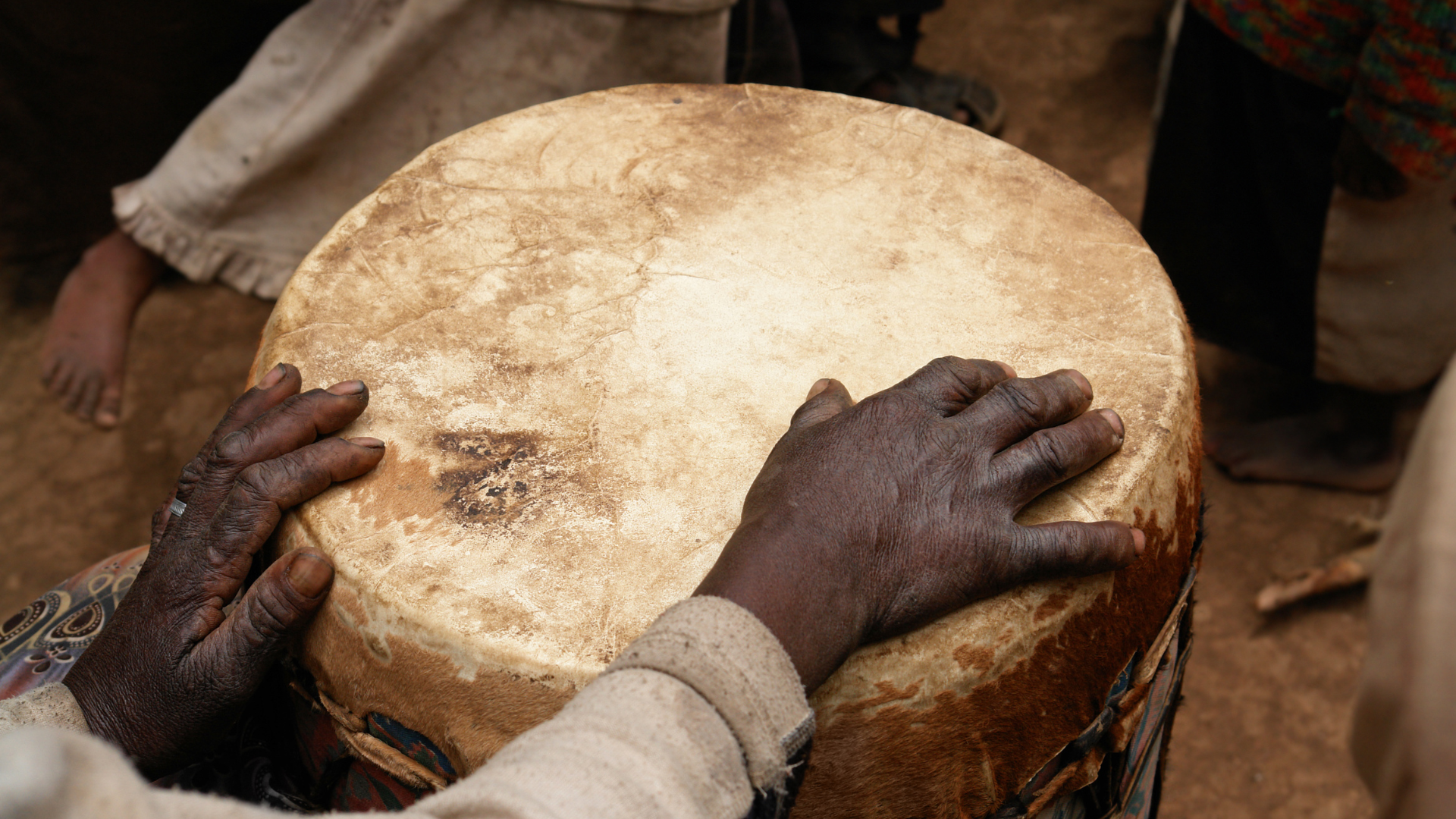
Celebrating one year of The AIDN Beat.
